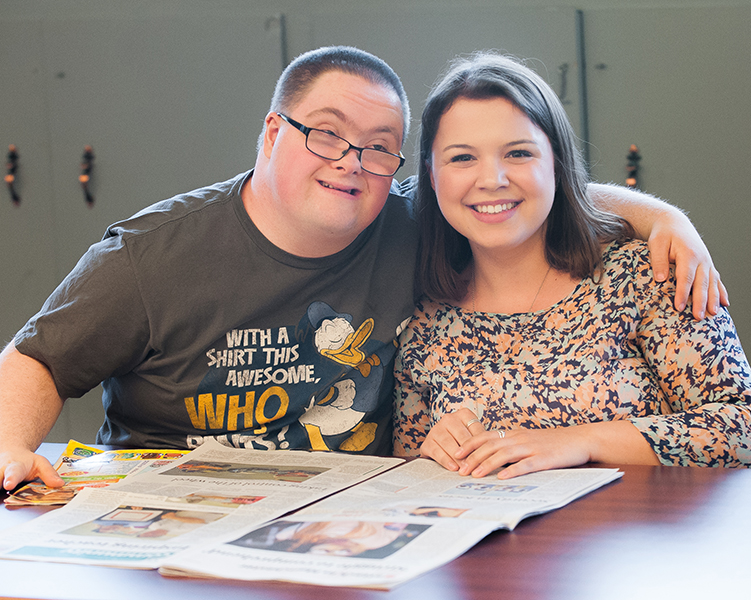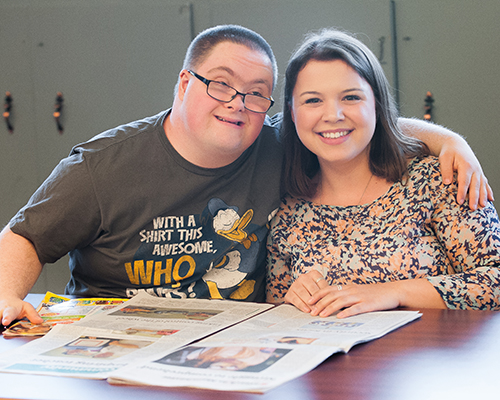WHAT WILL I LEARN?
Upon completion of the 140-Hour microcredential, participants will gain the following competencies as Respite Care Professionals:
- Understand the importance of providing meaningful short breaks for family caregivers to promote the well-being of caregiver(s), care recipients, and other family members.
- Work ethically and professionally by maintaining boundaries, ensuring confidentiality, and respecting the privacy, rights, and preferences of family caregivers and care recipients.
- Build and maintain trusting relationships with family caregivers and care recipients through active listening and respectful verbal, nonverbal, and written communication that is easily understandable.
- Help support the care recipient in activities of daily living responds appropriately during emergencies and understands when and how to report situations.
- Work with people with complex needs and challenging behaviours by managing a crisis by predicting and preparing for behaviour, preventing an escalation of behaviour, and responding by following pre-established protocols and plans.
- Provide care focused on and respectful of family caregivers' and care recipients’ preferences, needs, values, and goals for respite.









